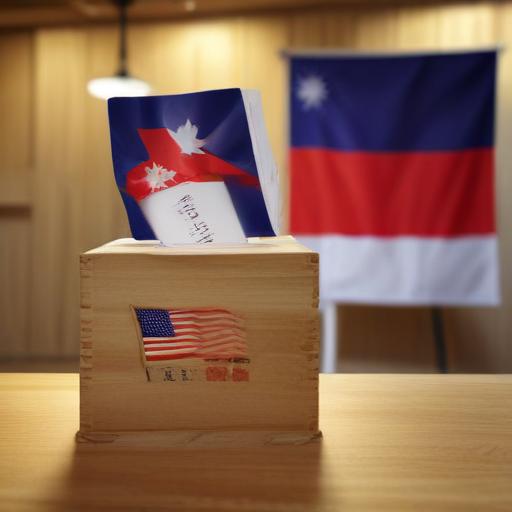As Taiwan prepares for a crucial vote on the recall of legislators, the Mainland Affairs Council (MAC) has accused the Chinese government and state media of overtly attempting to influence the outcome of the upcoming vote, set for July 26. The MAC emphasized that Beijing’s interference in this democratic process is both “evident” and “blatant.” It called on the Chinese authorities to refrain from meddling in Taiwan’s democratic operations.
The recall effort, initiated by civic groups, primarily targets 24 members of the largest opposition party, the Kuomintang (KMT), as well as the currently suspended mayor of Hsinchu City, Gao Hong-an. These legislators are accused of being overly accommodating to Beijing, which regards Taiwan as a province that should be unified with the mainland.
In its statement, the MAC outlined how the Chinese Communist Party’s Taiwan Affairs Office (TAO) and state media have unleashed a flood of commentary and media aimed at influencing public sentiment. This involved the extensive use of platforms like Weibo, Douyin, and WeChat to disseminate content that escalates tensions and interferes with the electoral process.
The MAC asserted that the right to conduct referendums and recalls is fundamental to any democratic nation, and highlighted the importance of allowing the Taiwanese people to decide the outcome without external pressure. It criticized the Chinese government, stating that it has no right to interfere and urged it to consider whether it guarantees the freedoms of expression for its own citizens.
Previously, the TAO denounced the recall vote as a mechanism for the ruling Democratic Progressive Party (DPP) to suppress the opposition. TAO spokesperson Zhu Fenglian accused the DPP of using “democracy” as a cover for authoritarian practices aimed at consolidating power.
Taiwan’s political landscape is witnessing a noteworthy dynamic with the DPP holding 51 seats in the Legislative Yuan, while the KMT and the Taiwan People’s Party hold 52 and 8 seats respectively, creating a scenario where the opposition dominates the assembly. Recent tensions have led civic organizations to launch this recall initiative as a direct response to perceived legislative dysfunction.
Analysts view this recall movement as a crucial accountability measure for the Legislative Yuan, where voter sentiment is likely to shape the assembly’s future makeup and redefine the balance of power. Notably, DPP Chairman Lai Ching-te has voiced support for the recall efforts, interpreting them as a response from the populace regarding national security matters. The DPP’s campaign slogan emphasizes a robust stance against pro-China influences.
Contrarily, KMT Chairman Zhu Lilun has condemned the recall as “a disgrace to democracy,” arguing that no ruling party should use recall mechanisms against its opponents. Meanwhile, the Taiwan People’s Party, primarily composed of non-district legislators, has sided with the KMT in opposing the recall efforts, while also preparing for a second wave of votes on August 23 concerning additional legislators.
The situation in Taiwan underscores the vital democratic practices at stake, as citizens engage in their right to vote and hold their elected officials accountable. The outcome of these votes could significantly affect the political landscape and reflect the desires of the Taiwanese public to maintain their democratic integrity.
